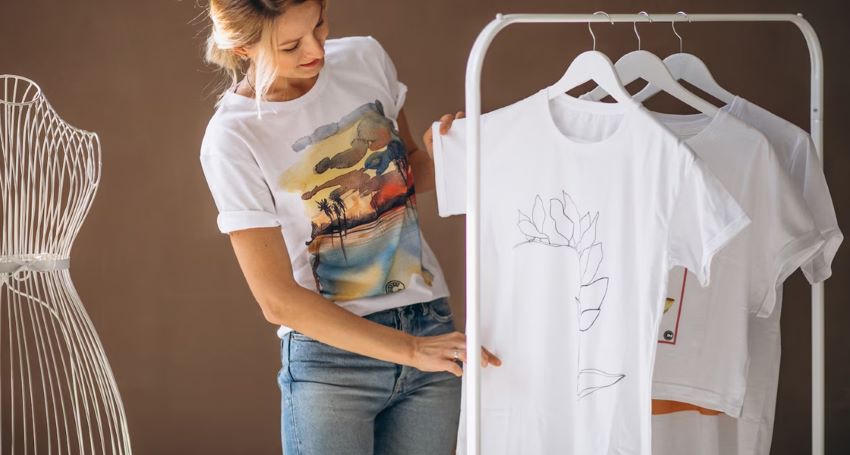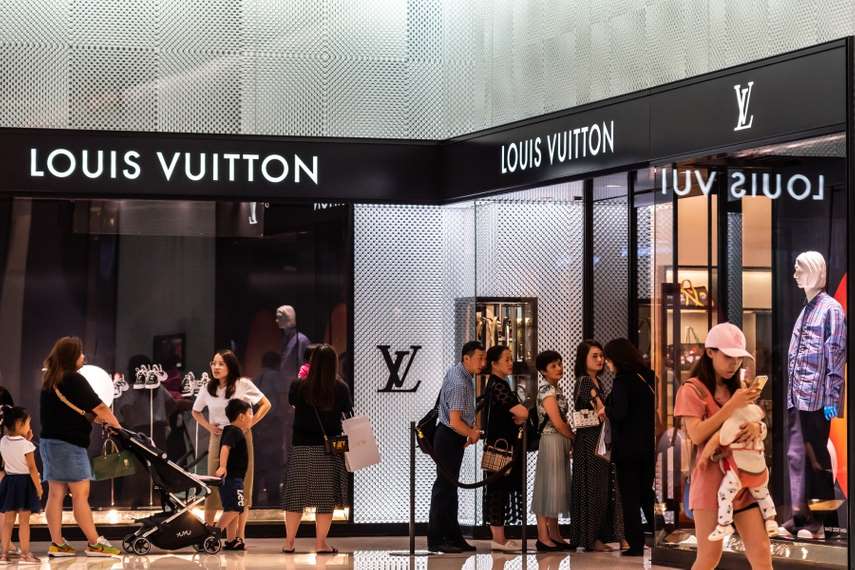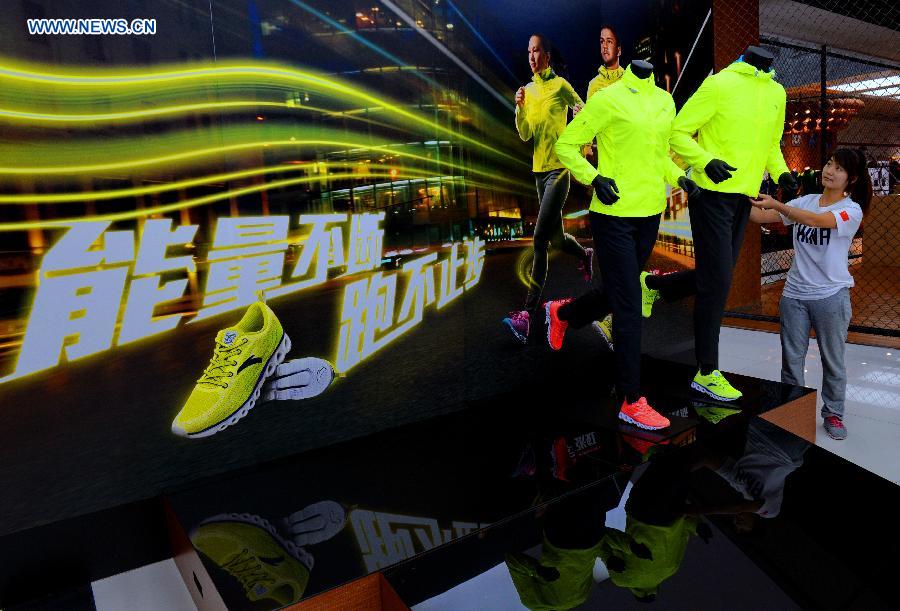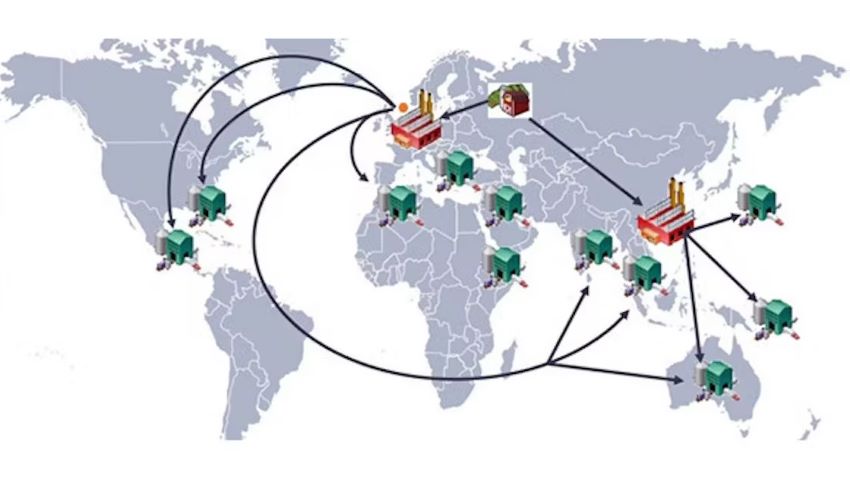 Pushing industry stalwarts Brooks Brothers and Lord & Taylor to bankruptcy, the global luxury fashion market is crumbling under the weight of the COVID-19 pandemic, says a The New York Times report. Experts are reexamining business models followed by luxury fashion brands. They are also questioning the validity of fashion weeks and urging for a reset of current fashion cycles.
Pushing industry stalwarts Brooks Brothers and Lord & Taylor to bankruptcy, the global luxury fashion market is crumbling under the weight of the COVID-19 pandemic, says a The New York Times report. Experts are reexamining business models followed by luxury fashion brands. They are also questioning the validity of fashion weeks and urging for a reset of current fashion cycles.
As per Boston Consulting Group estimates, global luxury sales are expected to contract by 25 to 45 per cent this year. The industry is unlikely to achieve pre-pandemic growth levels before 2023 and designers cannot afford to showcase new collections.
Pandemic affects smaller brands as sales drop
At the latest fashion week in New York, small-scale or online only presentations replaced blockbuster catwalk shows. Now, a few Italian and French brands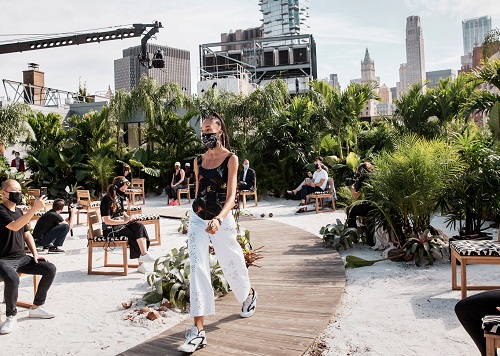 plan to host physical events to showcase their creations. As Antoine Arnault, Head-Communications, LVMH Moët Hennessy Louis Vuitton explains, these shows should not be underestimated as thousands of freelance makeup artists, seamstresses, drivers, security guards and photographers depend on them for their livelihoods.
plan to host physical events to showcase their creations. As Antoine Arnault, Head-Communications, LVMH Moët Hennessy Louis Vuitton explains, these shows should not be underestimated as thousands of freelance makeup artists, seamstresses, drivers, security guards and photographers depend on them for their livelihoods.
The pandemic has affected smaller standalone businesses more than large groups like LVMH which recorded a strong uptick in summer sales from Asian countries like Mainland China, Japan and South Korea. However, the group’s fashion and leather goods sales dropped 37 per cent, as international tourism ground to a halt and footfall into global stores was slow to recover.
Turnaround brands remain worst affected
Brands engaged in turnaround efforts like Ferragamo and Burberry have been worst affected by the pandemic. Most of these companies are currently struggling with a large glut of unsold inventory from the spring and summer collections this year. To rid themselves of unsold stocks, brands are using brick and mortar discount outlets and online marektplaces like the Dutch start-up Otrium, said Stefano Todescan, Managing Director, Boston Consulting Group.
Todescan opines, brands that leveraged data to manage stocks fared better. Data usage enabled them to move supplies from the West to better performing regions like the Asian markets. Brands like Hermes and Chanel, who do not offer discounts, are not trend-drive and have a wide product range emerged in particularly good shape.
Analysts expect the importance of Chinese luxury market to grow as North American and European markets continue to remain unpredictable. More offline retailers are expected to go online as consumers move to digital shopping. Amazon aims to collaborate with global luxury brands as it launched a mobile-only luxury store with one brand: Oscar de la Renta.
Brands to fast-track digital commitments
Jose Neves, Chief Executive, Farfetch believes, convenience and safety are the top priorities of customers in 2020, prompting brands to fast-track their digital strategies. The digital marketplace saw a 60 per cent surge in traffic for the second quarter compared to the same period last year — and 500,000 new customers.
TikTok plans to host own online fashion month for a potential audience of roughly 800 million users, with shows by Saint Laurent and JW Anderson. The show will include smaller collections with more timeless pieces. Many brands also expect people to start buying high-priced items despite a severe recession and ongoing layoffs. It is difficult to predict future luxury demand. However, the industry needs to move on and create fashion that lasts for a long time.

